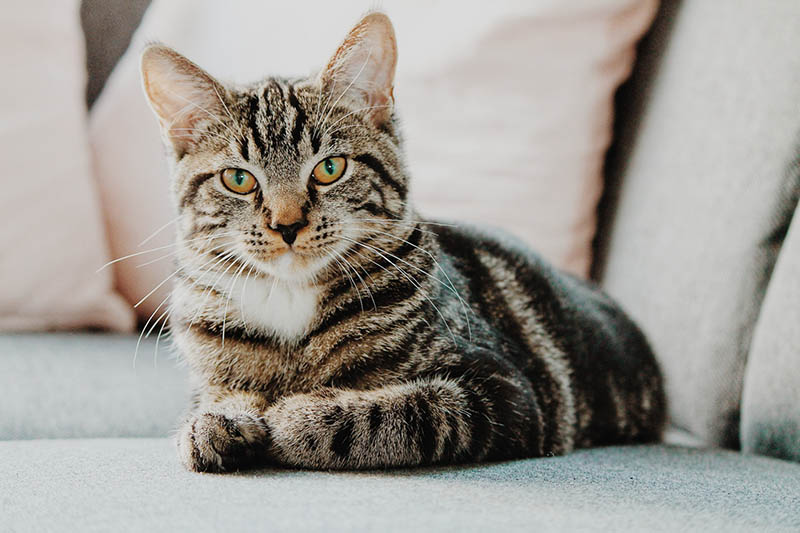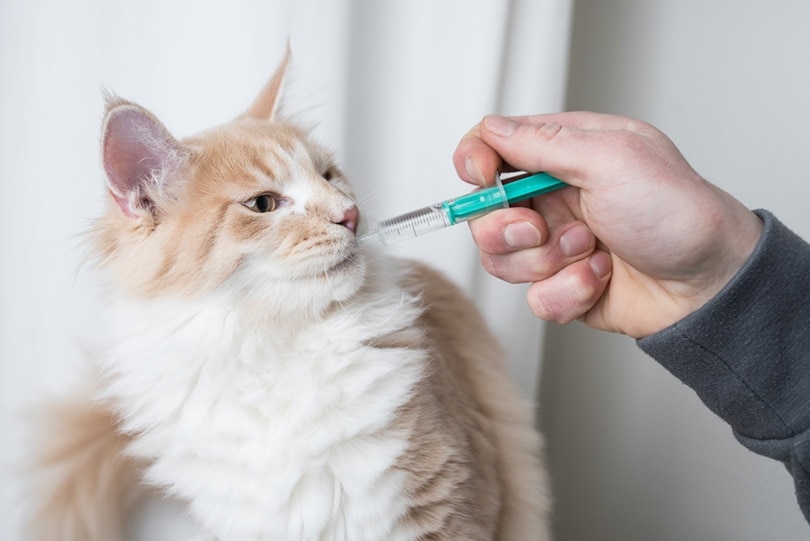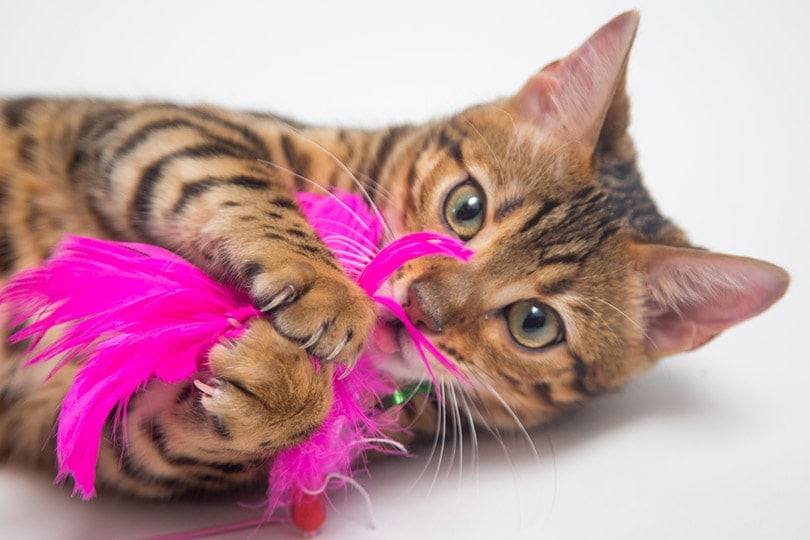Do Cats Get Headaches? Causes, Signs & Treatment

Updated on
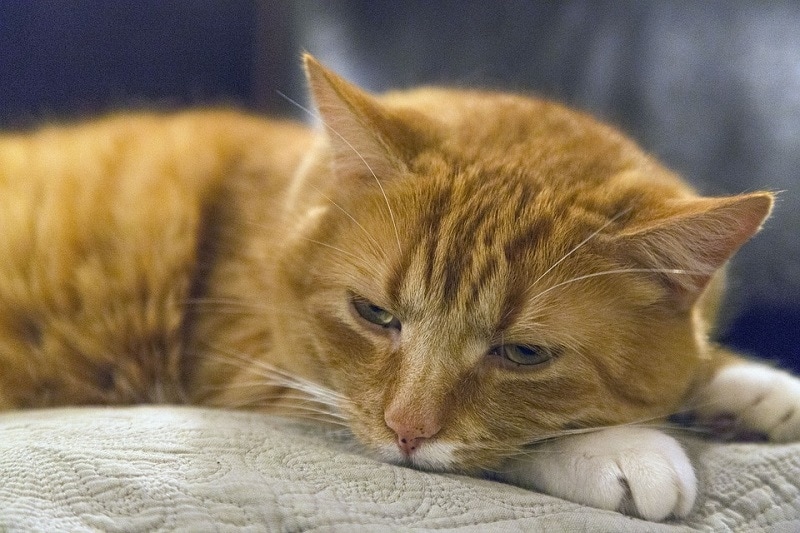
We all know the beating pain that comes with a common headache. Although headaches are a common ailment to humans, is it possible for cats to get headaches? Yes, it is possible for cats to get headaches. Our feline friends do have a similar anatomical makeup when it comes to our heads. Headaches typically aren’t something to be concerned about and usually go away on their own, but pain-related issues sometimes signal that there are larger medical issues going on. Always pay special attention to any changes in your cat’s behavior and speak with a vet if you have any serious concerns.
What Causes Headaches in Cats?
Headaches are a mysterious condition, and there could be many different reasons why they are happening to your cat. While most headaches aren’t serious, you do want to pay attention to the way they are acting and take behavioral changes seriously. Here are some potential reasons why your feline friend is getting a headache:
1. Neck or Head Trauma
Cats are playful and enjoy jumping from high elevations and running at full speed through the house. If your cat wasn’t careful, they could have bumped their head or pulled a muscle in their neck, resulting in a headache.

2. Collars
While collars are both a fashion statement and display your contact information in case they get lost, they could trigger a headache if they don’t fit properly. They could also get caught on furniture or branches and cause some mile head or neck trauma.
3. Allergies
If you have common allergies, you know how bad your head feels when it acts up. Cats have allergies, too, and most vets believe that it could trigger a headache on occasion.
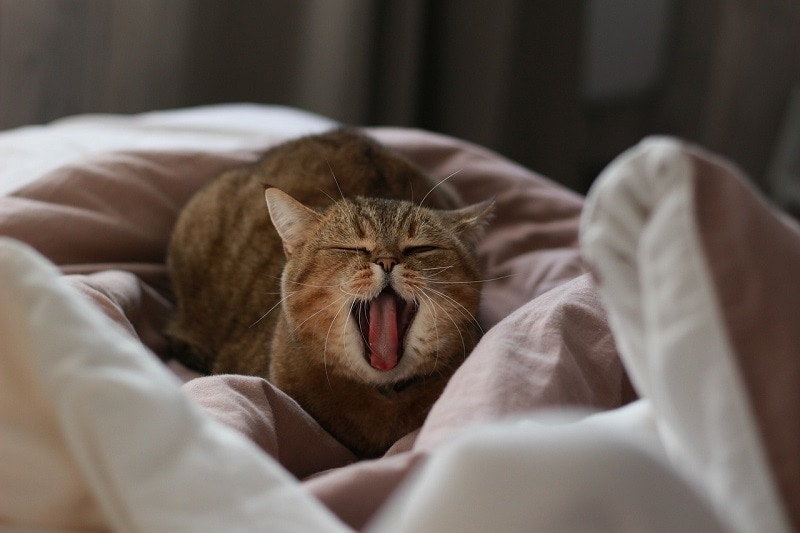
4. Overheating and Dehydration
When we overheat, we get dehydrated and one of the first signs is a nasty headache. Cats overheat easily and it isn’t unlikely for a headache to take place.
5. Exposure to Chemicals
Have you ever heard of the phrase “curiosity killed the cat?” While snooping around your house may not lead to sudden death, they could get into something that triggers some head pain. Carbon monoxide, fertilizers, pesticides, and other household chemicals are dangerous to your cat and should be stowed away in a secure place where they won’t have access.

6. Tumors
As we mentioned before, headaches could be a sign that your cat has some underlying health issues. Most headaches are harmless, but a tumor could be a possible suspect. Tumors grow and put additional pressure and inflammation in the head region.
7. Fasting
When you go for long periods without eating, a headache is one of the first ways that your body tells you it demands fuel. However, if your cat won’t eat, the headache should be the least of your concerns, and you need to see a local veterinarian right away.
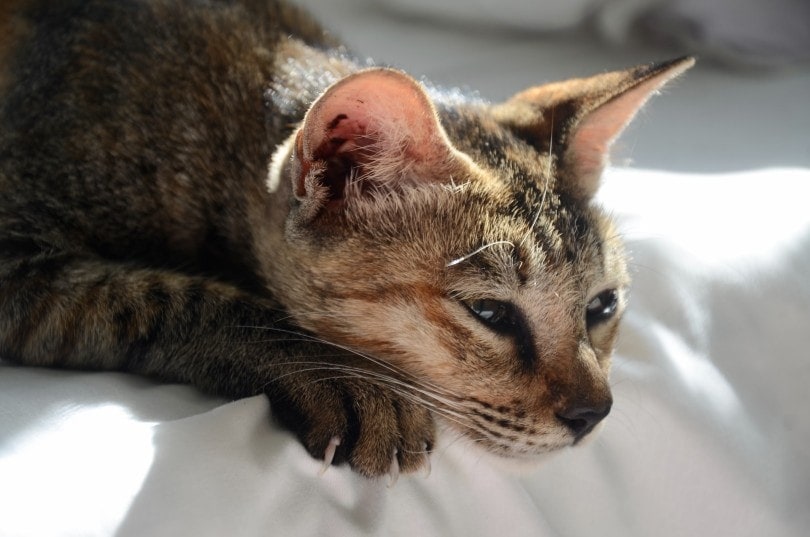
What Signs to Look Out For
Our cats can’t easily communicate with us, so how do they let us know that they have a headache? It’s unclear how often cats suffer from headaches, but there are a few actions that could indicate that they aren’t feeling the best.
1. Secluding Themselves
Cats enjoy having their own private moments, and it could only be more common once they are experiencing pain or discomfort. Keep a watchful eye on your kitty if they are secluding themselves more than usual.

2. Loss of Appetite
Some cats prefer to avoid eating when they don’t feel well. Changes in eating routines could be a sign of a headache or something much more serious. If they don’t eat for more than a day or two, it is crucial to take them to the vet. When cats don’t eat, their body burns through their protein reserves too quickly and leave behind fats that are metabolized in the liver and trigger more severe conditions.
3. Oversensitive
If your cat is avoiding your touch more than normal, it could be a sign of a nasty headache. Give them their space and monitor how they react over the next couple of days.
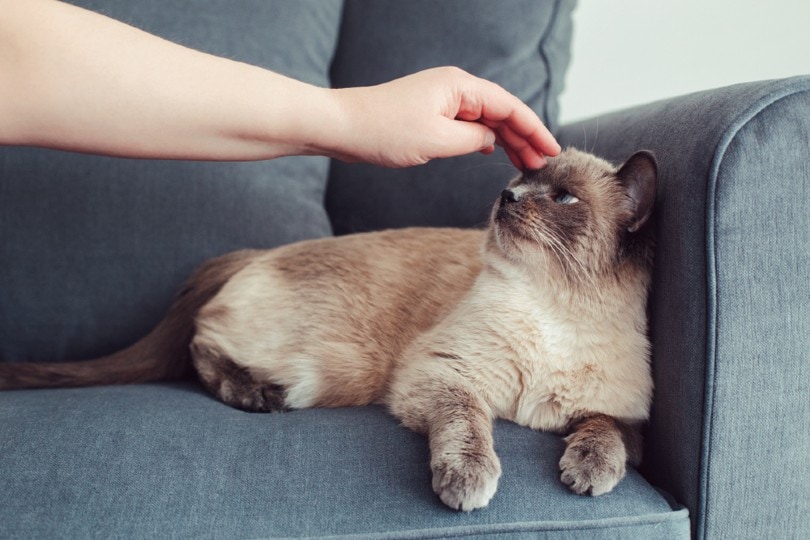
4. Defensiveness
Animals are naturally more defensive when they are in pain. Flattened ears, hissing, or backing away from you could be your cat showing you that they are uncomfortable.
5. Overactive
Some pets may prefer to hide when they don’t feel well, but others do the exact opposite. Fidgeting and pacing are two indicators that your cat is in pain.
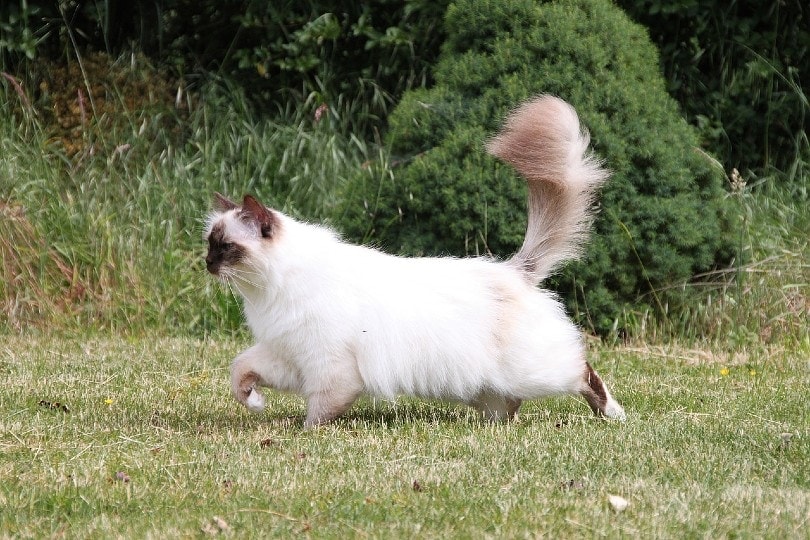
6. Loud Meowing
Cats are not overly verbal animals and only meow when they are trying to communicate with their humans. Lots of loud meowing could be a sign of pain. Keep in mind, though, that they could also be attempting to made if they are not neutered, and it actually isn’t a sign of pain at all.
7. Red Gums
Cats in pain aren’t likely to let you examine their mouth, but it might be necessary. Tooth pain, overheating, or carbon monoxide poisoning are all things that could trigger a headache. If their gums are red, take them to the vet as soon as possible.
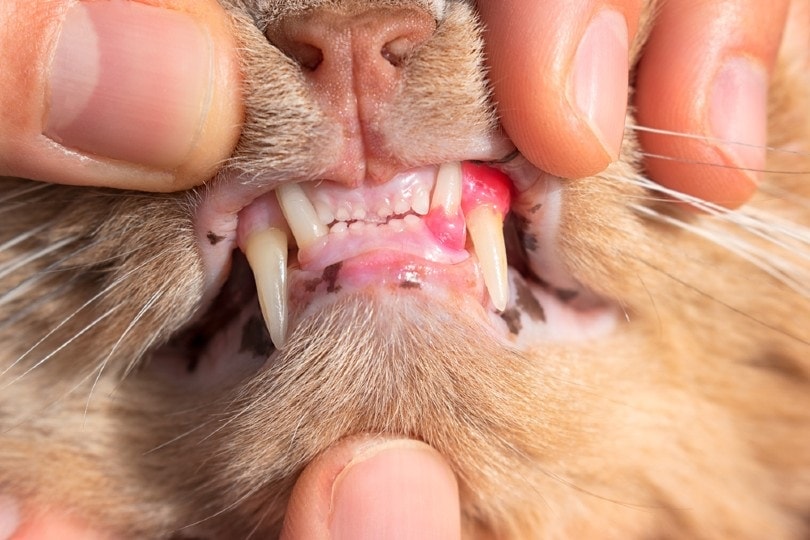
How to Treat a Cat’s Headache
Headaches tend to drift away on their own and shouldn’t last more than a day or so. Don’t immediately panic if you suspect your cat has a headache. Instead, provide them with a quiet place where they can recover without feeling stressed. Provide them with plenty of fresh water out of a clean bowl to encourage them to drink more. Comfort them with a couple of treats and a small bowl of their regular food to see if they eat. Exercise might also relieve some headaches, so try to encourage a light play session with their favorite toy. Do not ever give cats medications that humans take for headaches. If they have multiple symptoms and it lasts for more than 24 hours, take them to the vet to get examined.
Related Read: Do Cats Get Hiccups? What You Need To Know!
Conclusion
Headaches are a normal part of most life and having the ability to identify the symptoms is the best way to get your cat back to feeling normal. Pain isn’t something that any person or animal enjoys. With the right care, they will start feeling better before you know it.
Featured Image Credit: StockSnap, Pixabay
